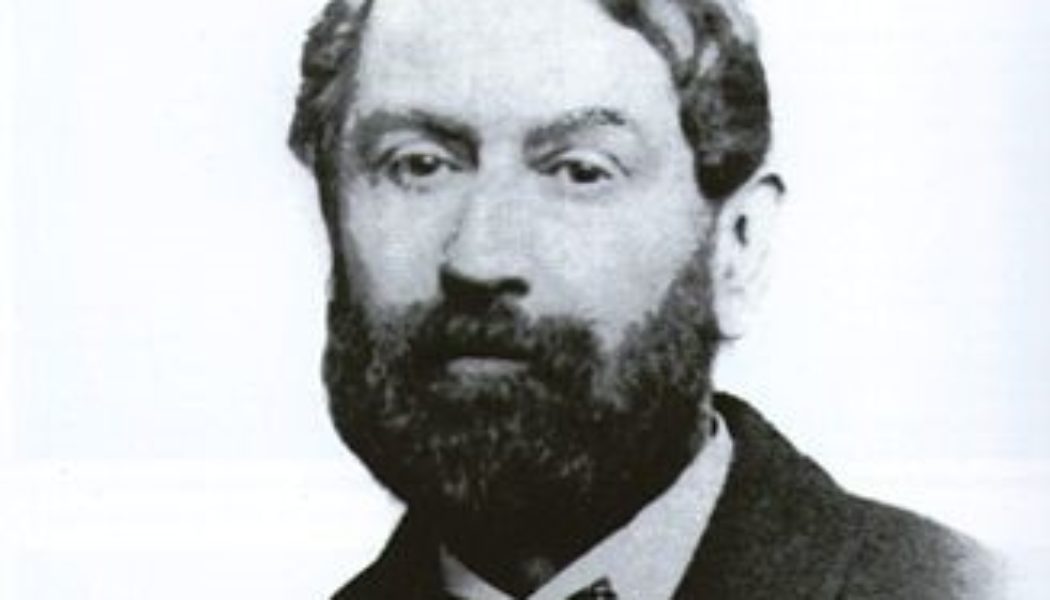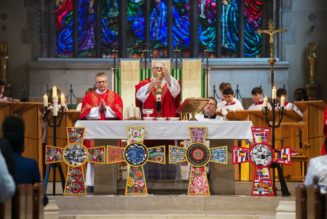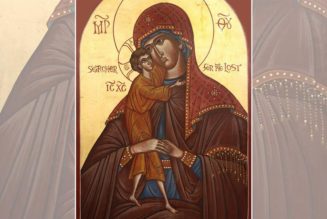
|
Listen to this story: |
ROME – In the 1850s, a young Italian noble named Giovanni Pietro Campana succeeded his father as head of the Monte di Pietà, which, at the time, effectively served as the pawnbroker of the Papal States, making small loans to commoners with their meagre property as security. The young Campana was also an avid art collector, and repeatedly arranged for loans to himself to finance the purchase of additional items for his collection.
Doing so technically violated the law of the Papal States, but Campana made the loans to himself with the full knowledge and support of Angelo Galli, at the time the finance minister of the Papal States, and other potentates at the papal court. Over a three-year period, Campana “borrowed” roughly $200,000 from the papal institution, a figure that easily would reach into the tens of millions today, which would have been impossible had anyone in power objected, and which he seemingly had no real intention of ever paying back.
Then in 1857, Cardinal Giacomo Antonelli, the legendary Secretary of State under Pope Pius IX, decided to have Campana charged with embezzlement. The aim wasn’t so much to deter financial wrongdoing as to snuff out a brewing scandal, while also installing his own brother, Filippo Antonelli, to run the Monte di Pietà. Campana was sentenced to 20 years hard labor, while neither Galli nor anyone else who either approved, or at least knew about, the loans was charged with any crime.
Campana’s sentence was later commuted to exile, while his vast art collection was confiscated by the Papal States and auctioned off, with pieces ending up in the Louvre, the Victoria and Albert Museum in London and the Metropolitan Museum in New York.
Watching the apparent farce play out, Anglo-French journalist Edmond About made this observation: “Condemnations are a dishonor only in countries where judges are honored. All the world knows that the pontifical magistrates are not instruments of justice, but tools of power.”
The Vatican’s current “trial of the century,” which centers on a controversial $415 million real estate deal in London, was supposed to be different, a de facto repudiation of the corruption About chronicled.
From the beginning, the trial has been billed as a capstone of Pope Francis’s efforts at financial reform, a demonstration that a new era of transparency and accountability has dawned. The presiding judge, Giuseppe Pignatone, is one of Italy’s most distinguished jurists with a reputation for personal integrity. The fact that even a Prince of the Church has been charged, Italian Cardinal Angelo Becciu, was intended to demonstrate that no one is above the law.
Yet as the trial drags on, there do seem a few disturbing parallels to the Campana affair.
Once again, certain officials and consultants have been charged with crimes for acts which amounted to common practice inside the Vatican, and which were carried out with the knowledge and approval of the powers that be. Also once again, officials perceived to be in the pope’s favor have been exempted from the indictments.
It’s also true that the procedures followed in the case, including a series of papal rescripts issued during the investigative phase authorizing broad powers of surveillance and detention, have given rise to concerns about due process and the right to an effective defense.
None of this, to be clear, is necessarily the personal fault of Pope Francis. In fact, over the years, Francis has enacted measures intended to promote the efficiency and independence of the Vatican’s legal system.
The problem is structural: A pope is still both the supreme executive and judicial authority, and, in such a system, it’s virtually inevitable that judicial decisions will be influenced by political considerations – or, to put it differently, that criminal prosecutions will, to some extent, be an extension of politics by other means.
Francis never ordered anyone, for example, not to prosecute his top deputy, Italian Cardinal Pietro Parolin, or Parolin’s top aide, Venezuelan Archbishop Edgar Peña Parra, even though both men signed off on the London deal at every stage. No pope would need to issue such an order, because courtiers are famously adept at reading the moods of the monarch.
Ironically, the conflation of executive and judicial authority directly contradicts the Catholic Church’s own social teaching.
On the question of due process, the church’s official Compendium of Social Doctrine cites an address given by the late St. John Paul II to Italy’s National Association of Magistrates in 2000, in which the pontiff insisted that the judiciary must have “its own autonomous and constitutionally protected function.”
“The balanced relationship between these … powers, each one operating according to its own specific competence and responsibility so that one never prevails over the others, guarantees the proper functioning of democratic life,” John Paul said.
This week, the court heard testimony from two of the defendants in the trial: Italian layman Enrico Crasso, the Vatican’s longtime investment banker, and layman Fabrizio Tirabassi, who formerly handled investments with the Secretariat of State.
In effect, both men insisted that the decision to pursue the London deal was made at levels higher than their own. Tirabassi said the deal was brokered in part by another Italian layman, Giuseppe Milanese, a health care executive and a friend of Pope Francis since his days in Argentina, and that the deal went forward in part because Milanese enjoyed a “privileged relationship with the Holy Father.”
Milanese, for the record, has not been charged in the case.
No matter what Pignatone and the other justices eventually decide, it may be difficult for some observers to believe the verdict was truly impartial given the perception that in a system without a real separation of powers, the deck is always stacked in favor of the prosecution, and that, in turn, the prosecution is serving a pope’s political and personal interests — whether or not that’s what the pope in question actually intends or desires.
If Francis wants to avoid the scenario that in the not-too-distant future, a 21st century version of Edmond About will lampoon the Vatican’s contemporary judicial system, he might consider decreeing the pontiff’s removal as head of the civil judiciary.
In one fell swoop, he’d be laying to rest a final ghost of the Papal States, and also complying with Catholic social doctrine – the papal equivalent, to invoke a baseball analogy, of a nifty double play.
Join Our Telegram Group : Salvation & Prosperity







